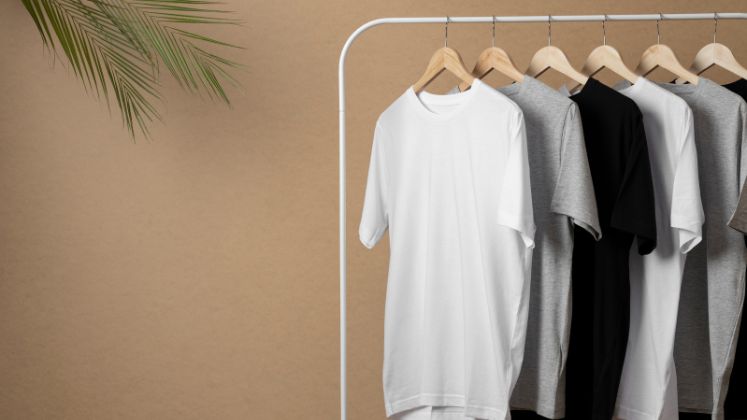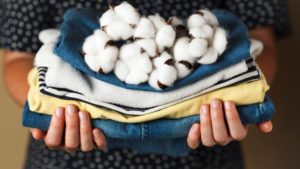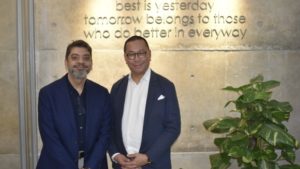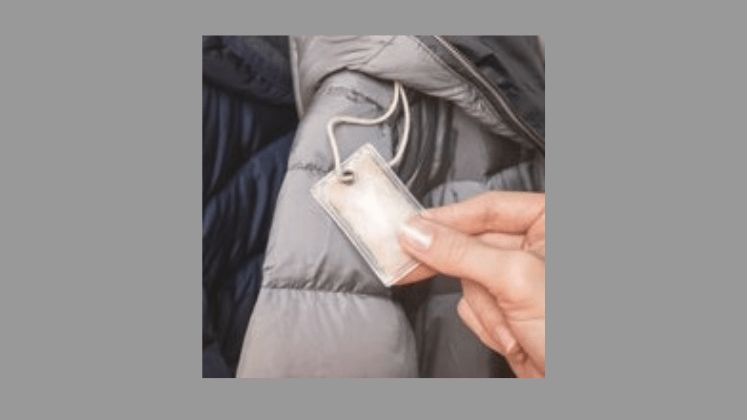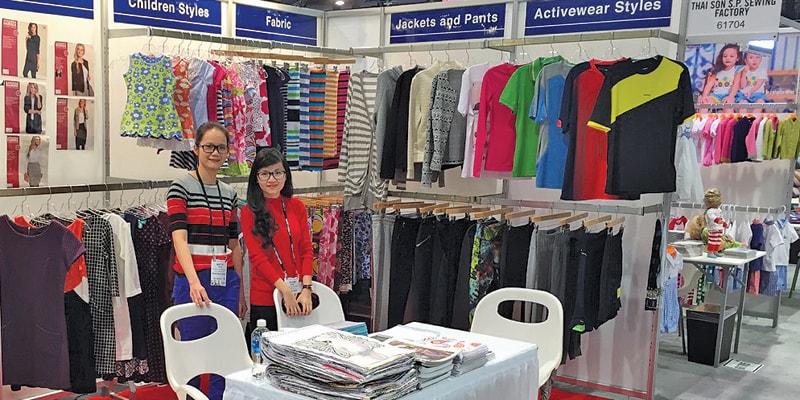
This buzz has only been heightened, thanks to the prospect of the ratification of the Trans-Pacific Partnership (TPP) agreement set out earlier this year by member nations which aims to remove trade barriers to free up markets around the Pacific Rim.
In a country where privately-owned companies along with foreign investment companies drive the industry, this one hundred per cent Vietnamese family-owned sewing factory has been successful in growing its business with collaborative integration and smart business sense.
Ho Chi Minh City-based Thai Son SP Sewing Factory began operations at its Binh Thanh location 35 minutes from the centre of Vietnam’s largest city in 2003. Since its establishment, the company has grown to incorporate two factories employing some 500 workers manufacturing 2,00,000 garments per month, including men’s, women’s and children’s T-shirts, polos, and trackwear, for both local and international clients.
Thai Son SP bills itself as a number of things. Its core business is as a circular knit clothing manufacturer and an FOB garment exporter. The company also has the capability to design and produce depending on the client’s needs, making it a viable option for medium-sized brands looking for good quality at a fair price and with orders that much bigger factories are not as much interested in taking on.
The hype surrounding Vietnam’s textile and garment industry is palpable at the moment as companies globally along the entire supply chain race to take advantage of the favourable conditions for doing business here.
Chris Walker, Marketing Manager at Thai Son SP, is understandably proud of what the company has achieved in a relatively short period of time and says the company is looking forward to the future.
“We’ve had some tough times, but recently we’ve been able to obtain a lease on some land, get the paperwork done, and build a factory all in six months,” says Walker. Yet, despite its obvious successes, the company recognizes that now it is as important as ever to have clear strategic direction to ensure its position in an increasingly competitive marketplace where investment in the garment manufacturing industry is expected to rise dramatically in the coming years.
“Already in Vietnam,” he says, “We’re seeing large investors setting up fully vertical operations who are beginning to import cotton from their own cotton farms in India, spin it themselves and then make the garment and take advantage of the free trade agreements whenever they can.”
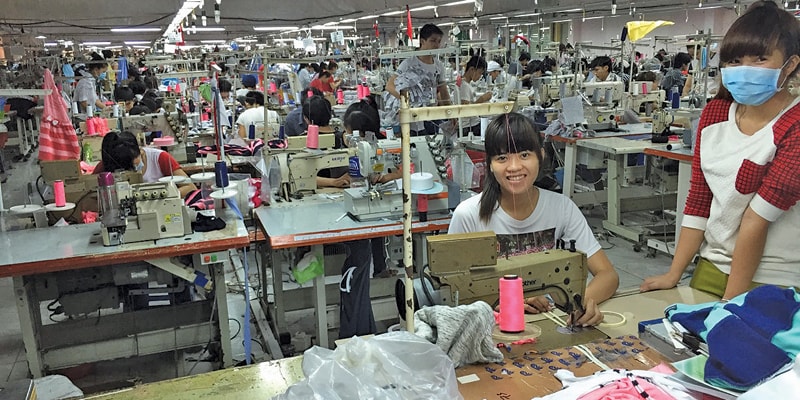
Keeping ahead of the game is a juggling act. Riding the ebbs and flows of an ever-changing global economy is one thing, then add the free-trade treaties, such as the TPP slated to come into effect in the not-too-distant future, and now the UK’s decision to leave the EU in the Brexit referendum recently, only add to the ‘uncertainties’ of doing business in this part of the world. But Thai Son SP, with the help of Walker’s expertise in marketing, is employing some clever strategies in order to differentiate itself from the competition.
100% Vietnamese family-owned business
Thai Son SP is using its status as a 100% Vietnamese family-owned business as one of its unique selling propositions (USP). Somewhat surprising that a Vietnamese company chooses to market itself as family-owned in a country where family values have been at the core of everyday life for centuries, Walker says there is a good reason behind it.
“There are surprisingly few 100% Vietnamese family-owned businesses in Vietnam that compare to the State-owned and foreign-owned enterprises in the industry,” he says.
“There are basically three groups within the garment manufacturing industry in Vietnam. There are the 100% Vietnamese-owned sewing factories that are formerly State-owned. Then you’ve got all the FDIs (Foreign Direct Investments), which include those from Taiwan, China, and South Korea who have come down here and set up JSCs (Joint Stock Companies), and then you’ve got the 100% Vietnamese entrepreneurs too which are SMEs like us,” explains Walker.
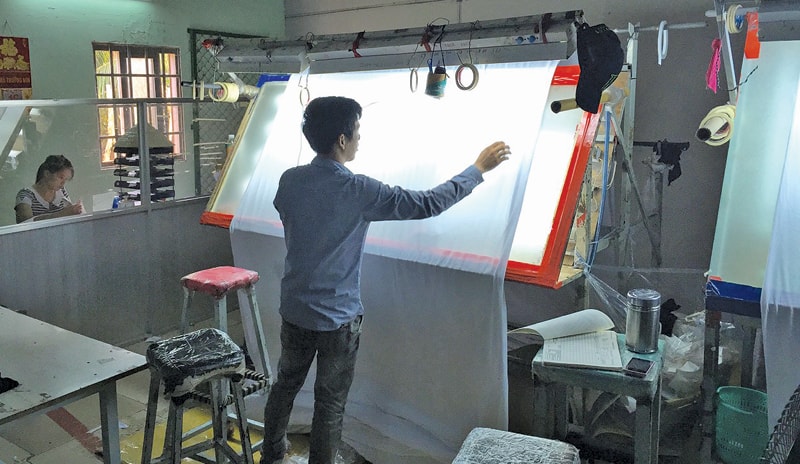
Finding a niche and being patient has been integral to the success of Thai Son SP amidst ruthless competition in a market that is predicted to increase its apparel and footwear exports by 50% in the next 10 years.
“Our family has taken 13 years to get where we are and a good many of those just to break even,” states Walker, “but we’ve got here because we found the niches and worked extremely hard to fill them.”
Thai Son SP has built its success around family, thanks to the business acumen of Walker’s wife and owner of the company Phuong Thai, and her symbiotic working relationship with her father Thanh Thai.
“My wife as COO takes care of the operations of the business mostly and my father-in-law doesn’t get involved unless he really needs to,” says Walker, “This is what makes our company unique in Vietnam.
Our clients deal directly with the COO. There’s a direct line to every client, and if a problem arises, which it does, the client deals directly with the COO. That’d be unlikely to happen if big brands were involved.”
In fact, Thai Son SP is happy to let the big brands work with the Taiwanese, Chinese and Korean foreign investors who have invested millions of dollars into Vietnam and have huge fully-integrated operations across the country.
“We tend to target smaller, medium-sized brands who don’t throw policies, standards and checklists at us, but rather are comfortable with us doing what we do our way – the Vietnamese way,” explains Walker.
When quizzed on what exactly the ‘Vietnamese way’ is, Walker states, “While the Vietnamese have a very positive spirit with Confucian philosophy at the core of daily life still they won’t do things just to keep the foreigner happy. This naturally tends to spill over into business as well.” But doing it the ‘Vietnamese way’ does not imply that the company is inflexible’, lacks capacity or shies away from bigger brands.
Currently, Thai Son SP has approximately 15 clients and produces over 2,00,000 garments per month. Target Australia remains an important client and there are a number of other global brands from the UK, France, Poland and Russia that remain our long-term clients. Plus, doing it the ‘Vietnamese way’ does in no way suggest the company flouts international regulatory laws that monitor factory workers’ health and safety – an issue that has beset factories in neighbouring countries and has placed the garment manufacturing industry under the global human rights spotlight recently.
Thai Son SP is SA8000 and BSCI certified and Walker is effusive in the way that he invites interested parties to visit his factories and see for themselves how the company goes about maintaining a healthy and safe working environment for their employees.
“We’re open to being audited and certified even further,” he continues.
Producing fabric and developing relationships locally
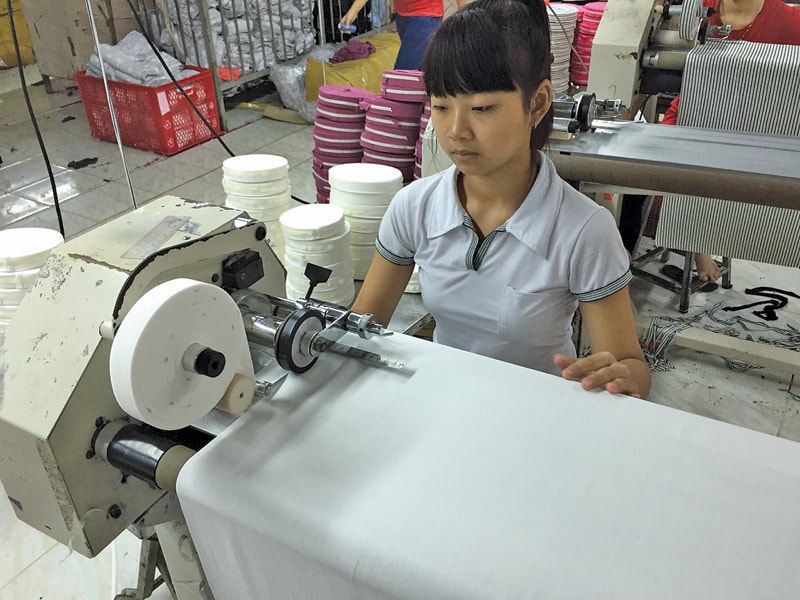
While being a family-owned business in Vietnam is an important USP for Thai Son SP, something else that is helping the business stand out from the crowd is that it produces its own fabric.
In a country where the climate does not readily allow for raw cotton production, it has left fabric production as the Achilles heel of the garment manufacturing industry in Vietnam for quite a while. This has meant that Vietnam has, and is still heavily relying on imports from China, leaving Thai Son SP with very little control over pricing and quality, which they knew they had to do something about, sooner rather than later.
“Before 2008, all of our fabric came from China, so we flew to India and we met some cotton agents, and we also visited some spinning factories. Then we started importing containers of single-combed cotton from India and warehousing it here until prices made it feasible for use,” explains Walker.
“During the process, we developed many relationships with small- and medium-sized factories locally. Because we’re not a CMT factory or a fully vertically integrated one, that is, we don’t own the knitting, spinning or dyeing, it was important for us to develop those relationships with local factories.” Walker says the relationship building, while tough, has been mutually beneficial for all parties.
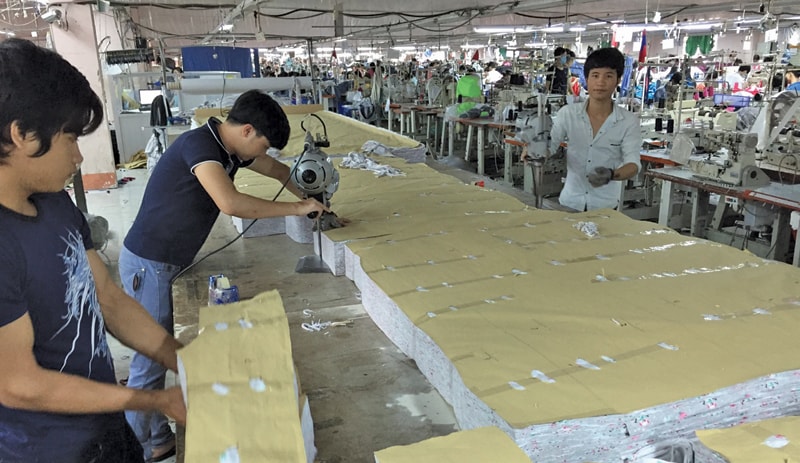
“It was a steep learning curve,” he adds, “but the great thing was that it was the Vietnamese entrepreneurs supporting their counterparts. It was tough, but anyhow we got through it. These relationships are important for us.” Because of the relationships developed with local factories, coupled with the lower-priced cotton imported from India, Thai Son SP believes they offer very good customer service and very good quality as well at a fair price, including for clients who are new to the industry and need a little extra support.
“There are a lot of new buyers who for whatever reason can’t or won’t go into Bangladesh where everything is cheaper, or they don’t want to work with the big corporate sewing factories. We’re more than happy to work with start-ups, as long as they’ve done their homework and they’re legitimate in their dealings.”
Having to rely on sub-contractors along the supply chain obviously leaves a company like Thai Son SP open to quality control issues, but they have a simple solution for that.
“We just look at the result. If the result is bad, we give them a warning. If it doesn’t improve, we stop doing business with them,” says Walker.
What will the future bring?
So what will the future bring for the garment manufacturing industry in Vietnam?
“As I mentioned earlier, what’s happening now is a lot of investment in spinning mills from companies that own their own cotton farms in India,” says Walker. He further adds, “This means they have their own steady supply of good quality cheap cotton. They spin it here, produce the garments here, and then export to the states, for example. That’s beginning to happen now.”
“Next, one of the positives for companies like ours here is that the cost of labour is still relatively low, compared to China, and so talk about the future has to be around wages. If labour costs go up, we price ourselves out of the market. We’re already too expensive for the ‘Walmarts’ of the world. Do we go for greater automation, but that requires a lot of investment,” Walker continues, adding, “The next obvious one would be related to fabric. As I’ve said earlier, sourcing fabric is a challenge because we don’t grow cotton here, so that’s an important factor to consider about the future.”
And the final one is language. The Vietnamese seem to be developing their English language skills better than say the Chinese, which for obvious reasons makes things a bit easier, and with the Vietnamese entrepreneurial spirit, the future looks bright for Vietnam.


